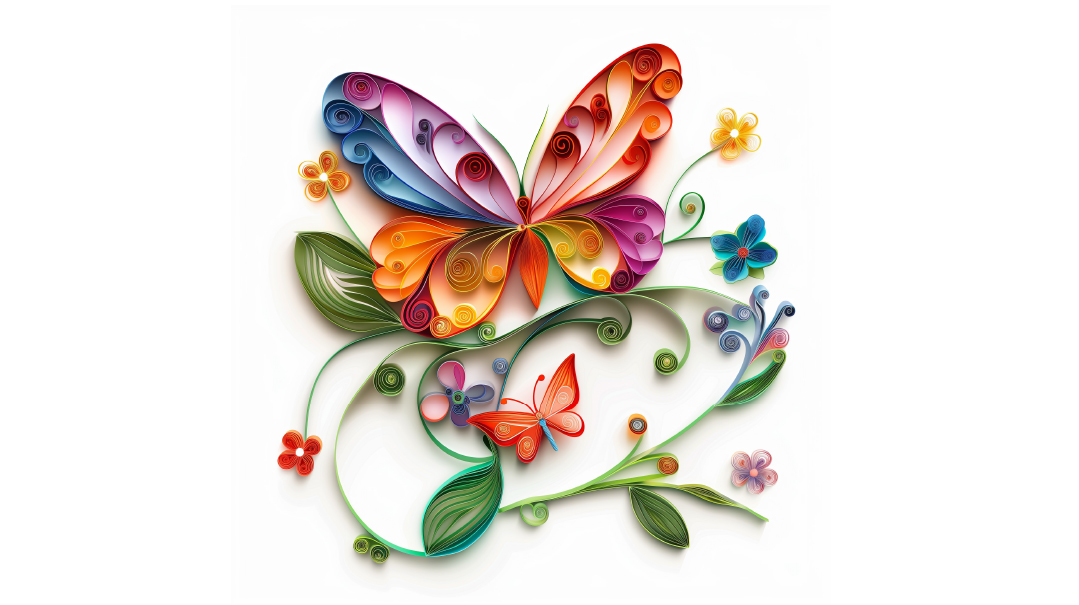Concierge Service
| June 18, 2024It was glorious to be taken care of, pampered, all my needs tended to without me saying a word

Concierge Service
In Real Time // Esther Kurtz
ON
our second anniversary, I came home to a packed suitcase.
My husband had surprised me with a short getaway. He’d arranged it all: He asked my sister to watch my baby, packed up the baby, left instructions for my sister, packed our luggage (all of it), picked up food, and booked reservations. I wasn’t involved at all. All I had to do was show up.
It was glorious to be taken care of, pampered, all my needs tended to without me saying a word.
And years later, I appreciate the experience even more, because y’know, life has gotten exponentially more complicated, and as a wife and mother, I’m usually the one making sure everyone else’s needs are tended to.
When I think about what menuchas hanefesh is — which is a goal of bitachon because when you have menuchas hanefesh you can focus on your relationship with Hashem — I use that anniversary trip as a paradigm.
Someone had it completely covered. He didn’t forget the blankie, or the meds, or my favorite T-shirt. He called the landscaper before, and rescheduled the medical appointment, and stocked up on my favorite snacks. The most responsible person wrapped up in the most considerate person.
That’s menuchas hanefesh — trust to the degree that you don’t have to think about any details, you don’t have to double check, just in case…. You know it’s been taken care of.
That’s what Hashem does for us, day in, day out, but we’re usually too anxious, too busy making “sure” to realize He’s got it covered.
Bitachon means relying on Hashem to the degree that you experience real menuchas hanefesh. You don’t have to concern yourself with what and how, you just get to show up relaxed and at your best because you know it’s under control, like you have the best concierge service. Imagine approaching life like that. What would you do with all your free headspace if you could access that level of bitachon?
It’s a Beautiful World
In Search of Happiness // Rebbetzin Aviva Feiner
We’ve mentioned that being happy is work. It’s also a choice. Are you going to slack off or give it your all?
Giving it your all is always worthwhile. The people you interact with will find you a pleasure to be with.
But the one who reaps the benefits most is you.
The lot Hashem deals us in this world is our neshamah’s journey to Olam Haba. Our choices in how we deal with what Hashem brings us will uplift every day of our lives and enable us to make our lives beautiful in This World and the Next.
A very special woman of Yerushalayim, full of earnest yiras Shamayim and ahavas Yisrael, shared this story with me about a relative hers. (Out of respect for that relative’s privacy she asked that in print I change the details.)
As a young adult, her nephew survived a horrible car accident that caused him to lose one eye. His mother was heartbroken at her son’s loss of an eye and distraught with worries for his future: who would want to marry a boy with one eye?
With a heavy heart, she went to get chizuk from one of the of the greatest gedolim of that time. With sagely patience he listened and offered her this most precious life lesson: “Gam im ayin echad yecholim lirot olam yafeh, even with one eye you can see a beautiful world.”
This boy ended up marrying a wonderful woman and the two have much nachas together.
Open your eyes — you, too, can see a beautiful world.
Enjoy the site!
Equal Burden
Personal Development // Rebbetzin Dina Schoonmaker, facilitated by Mindel Kassorla
What do you do when a friend complains to you about the most... inane... trivial... insignificant problems? Doesn’t she know there are bigger issues out there?
Chazal teach us to be “nosei b’ol im chaveiro,” to carry a friend’s burden with them. But what about when, to me, it doesn’t seem like such a burden?
Here we can imagine a math equation (don’t get scared now!). On one side you’ve got 2+3, and on the other 4+1. They look different, but they both add up to five.
We all have things that bug us, get us down, make us uncomfortable or irritated, anxious, or resentful. As your friend is describing her scenario, draw an equal sign in your head. Try to think: What, for me, would equal this discomfort, would be my version of this? What would feel like such a burden to me?
For her not having a manicure in a month is like when I go most of the day without a coffee — it makes me feel like I’m running on empty. What makes my spouse anxious is an almost-empty bank account, which for me is equal to how I feel when my kid comes home with a bad report card. Ahhhh, okay, now I get it. And now I can be present with them in their pain.
This is the first, foundational step to properly carrying one’s burden along with them.
(Originally featured in Family First, Issue 898)
Oops! We could not locate your form.







